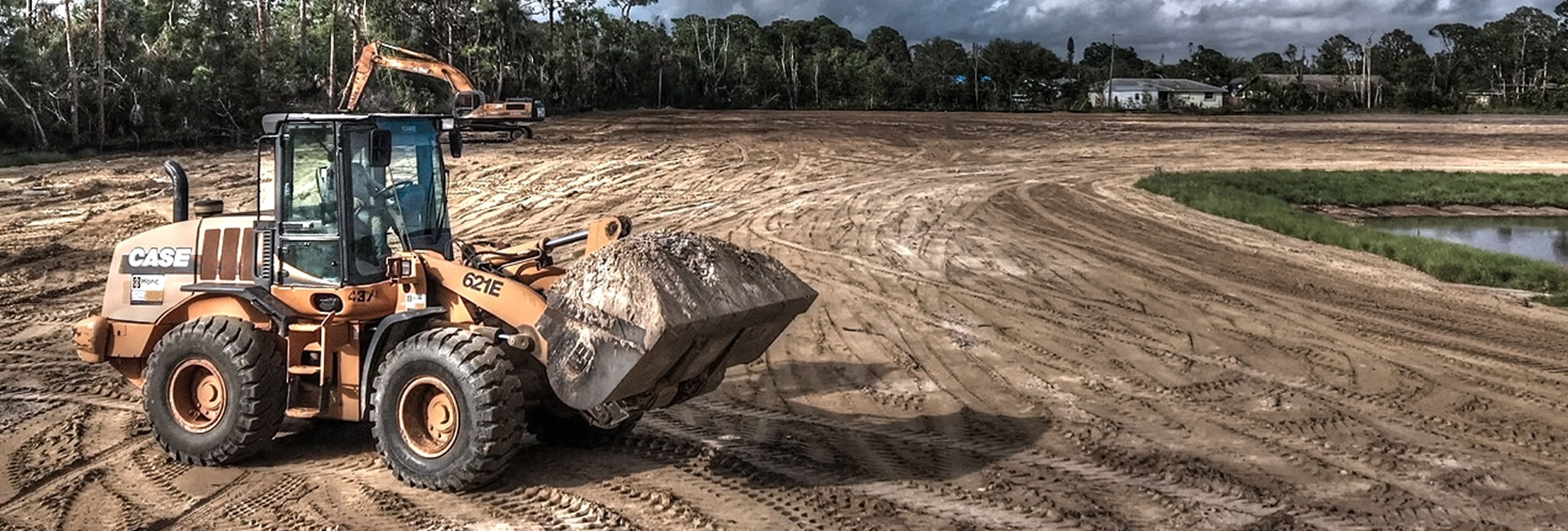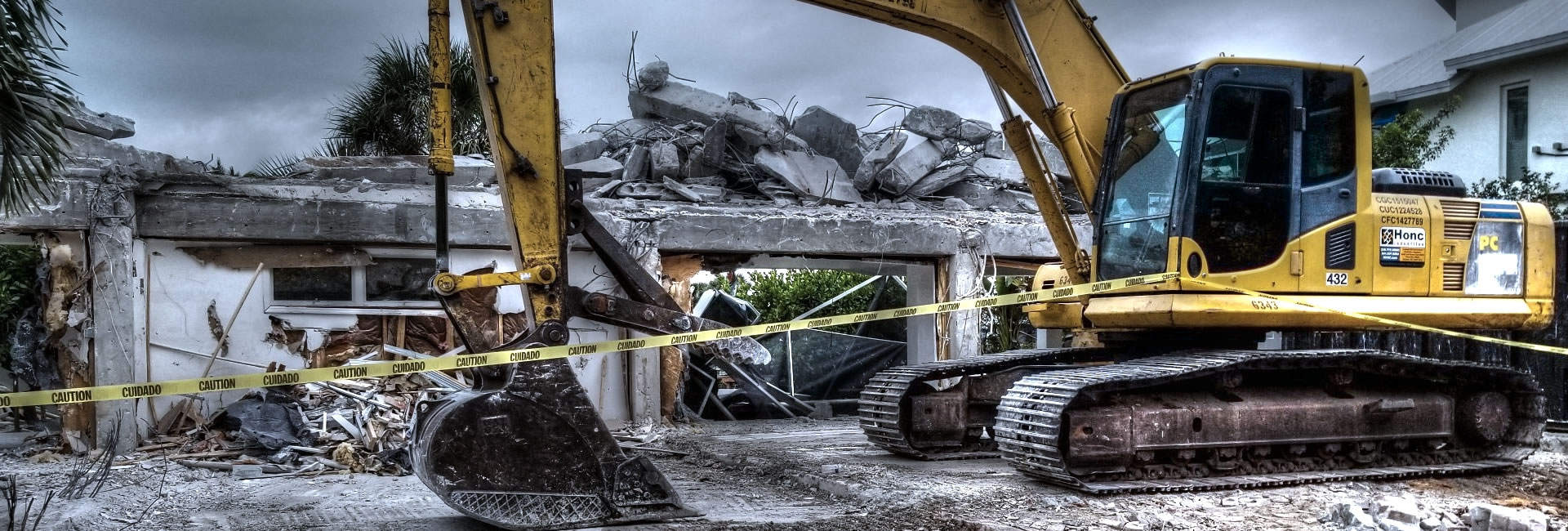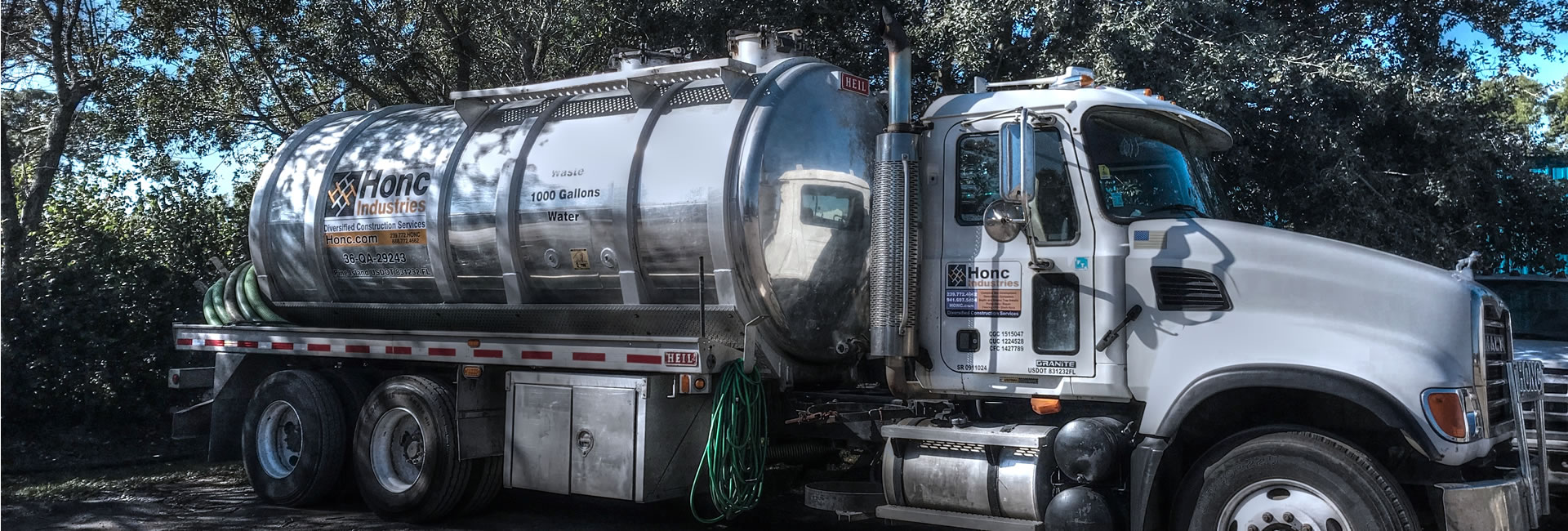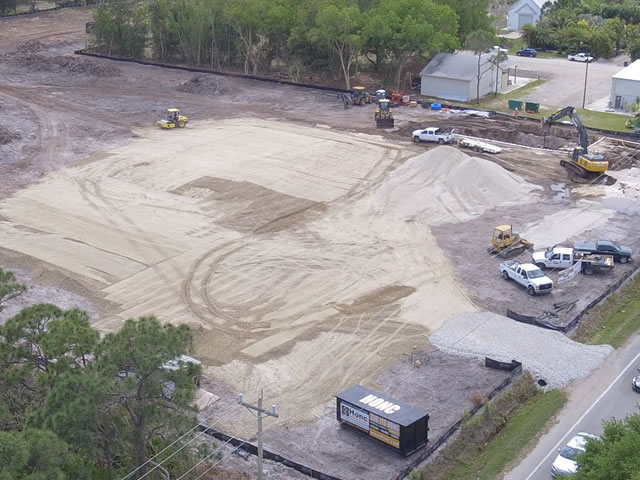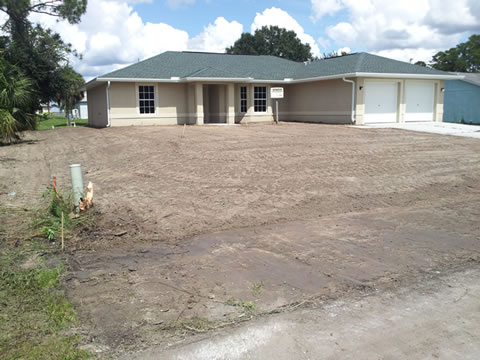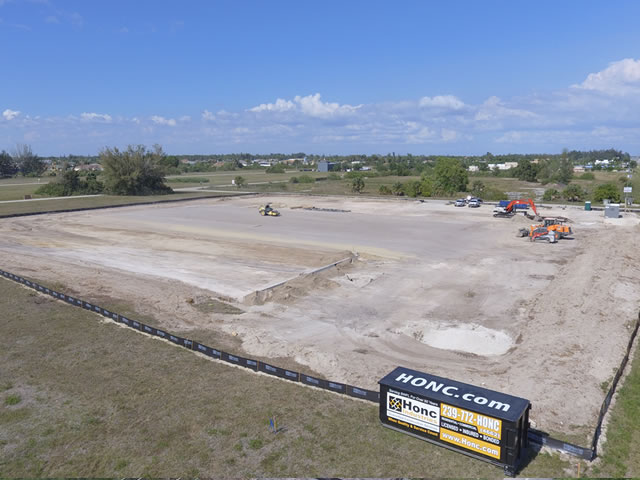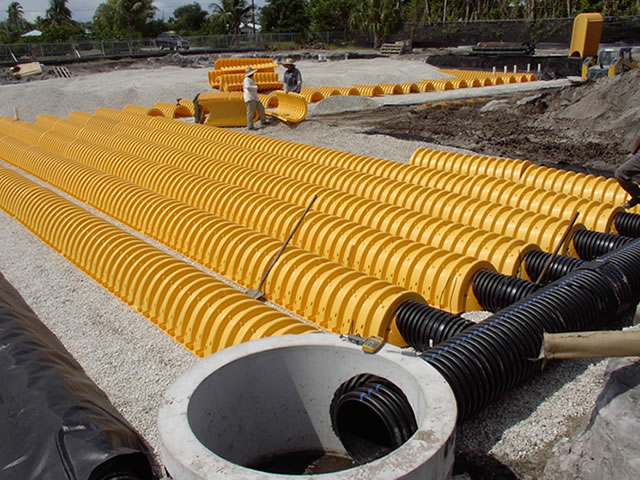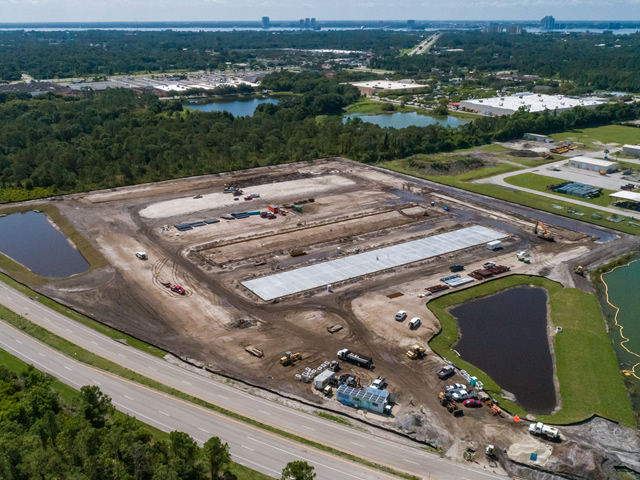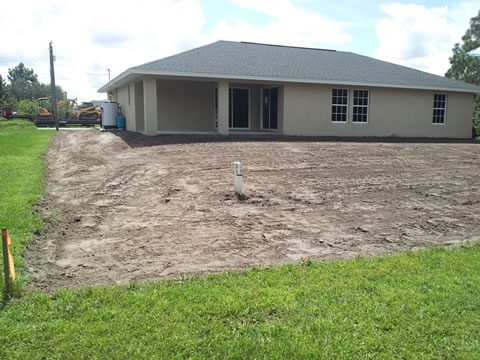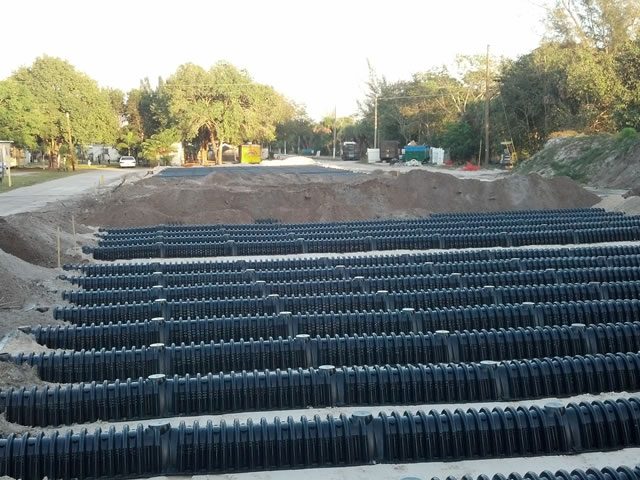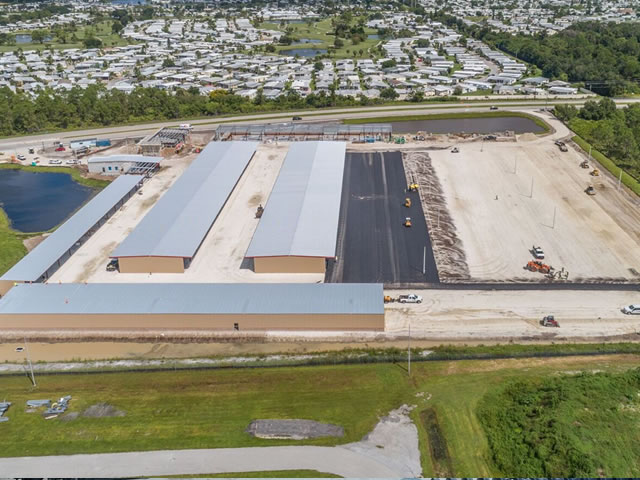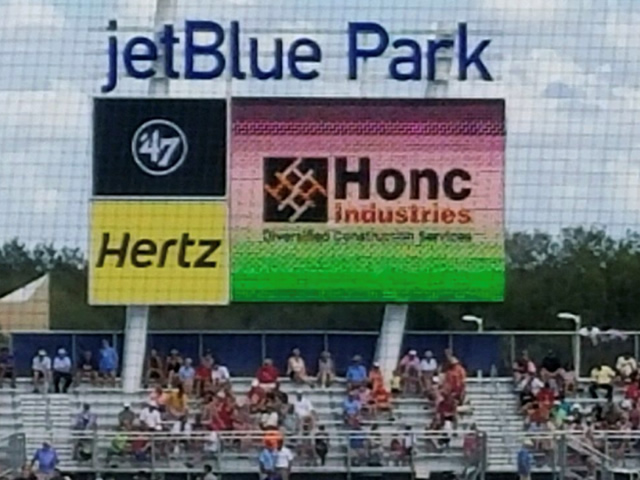Honc Industries Privacy Policy
This privacy policy sets out how Honc Industries uses and protects any information that you give Honc Industries when you use this website.
Honc Industries is committed to ensuring that your privacy is protected. Should we ask you to provide certain information by which you can be identified when using this website, then you can be assured that it will only be used in accordance with this privacy statement.
Honc Industries may change this policy from time to time by updating this page. You should check this page from time to time to ensure that you are happy with any changes. This policy is effective from Sept 1 2021
What we collect
We may collect the following information:
- name and job title
- contact information including email address
- demographic information such as postcode, preferences and interests
other information relevant to customer surveys and/or offers
What we do with the information we gather
We require this information to understand your needs and provide you with a better service, and in particular for the following reasons:
Internal record keeping.
We may use the information to improve our products and services.
We may periodically send promotional emails about new products, special offers or other information which we think you may find interesting using the email address which you have provided.
From time to time, we may also use your information to contact you for market research purposes. We may contact you by email, phone, fax or mail. We may use the information to customise the website according to your interests.
Security
We are committed to ensuring that your information is secure. In order to prevent unauthorised access or disclosure, we have put in place suitable physical, electronic and managerial procedures to safeguard and secure the information we collect online.
How we use cookies
A cookie is a small file which asks permission to be placed on your computer's hard drive. Once you agree, the file is added and the cookie helps analyse web traffic or lets you know when you visit a particular site. Cookies allow web applications to respond to you as an individual. The web application can tailor its operations to your needs, likes and dislikes by gathering and remembering information about your preferences.
We use traffic log cookies to identify which pages are being used. This helps us analyse data about web page traffic and improve our website in order to tailor it to customer needs. We only use this information for statistical analysis purposes and then the data is removed from the system.
Overall, cookies help us provide you with a better website, by enabling us to monitor which pages you find useful and which you do not. A cookie in no way gives us access to your computer or any information about you, other than the data you choose to share with us.
You can choose to accept or decline cookies. Most web browsers automatically accept cookies, but you can usually modify your browser setting to decline cookies if you prefer. This may prevent you from taking full advantage of the website.
Links to other websites
Our website may contain links to other websites of interest. However, once you have used these links to leave our site, you should note that we do not have any control over that other website. Therefore, we cannot be responsible for the protection and privacy of any information which you provide whilst visiting such sites and such sites are not governed by this privacy statement. You should exercise caution and look at the privacy statement applicable to the website in question.
Controlling your personal information
You may choose to restrict the collection or use of your personal information in the following ways:
whenever you are asked to fill in a form on the website, look for the box that you can click to indicate that you do not want the information to be used by anybody for direct marketing purposes
if you have previously agreed to us using your personal information for direct marketing purposes, you may change your mind at any time by writing to or emailing us at info@honc.com
We will not sell, distribute or lease your personal information to third parties unless we have your permission or are required by law to do so. We may use your personal information to send you promotional information about third parties which we think you may find interesting if you tell us that you wish this to happen.
You may request details of personal information which we hold about you under the Data Protection Act 1998.
If you believe that any information we are holding on you is incorrect or incomplete, please write to or email us as soon as possible, at the above address. We will promptly correct any information found to be incorrect.
https://www.naplesnews.com/story/news/local/communities/the-banner/2021/04/27/once-lifetime-greyhound-track-becomes-firefighter-training-haven/7324302002/
https://www.gulfshorebusiness.com/grandstand-demolition-begins-at-naples-fort-myers-greyhound-track-in-bonita-springs/
How Do Septic Systems Work?
The septic system is a natural method of treatment and disposal of household wastes for those homeowners who are not part of a municipal sewage system. A septic system works by allowing waste water to separate into layers and begin the process of decomposition while being contained within the septic tank. Bacteria, which are naturally present in all septic systems, begin to digest the solids that have settled to the bottom of the tank, transforming up to 50 percent of these solids into liquids and gases. When liquids within the tank rise to the level of the outflow pipe, they enter the drainage system. This outflow, or effluent, is then distributed throughout the drain field through a series of subsurface pipes. Final treatment of the effluent occurs here as the soil absorbs and filters the liquid and microbes break down the rest of the waste into harmless material.
Most septic systems are conventional systems that use gravity to distribute the effluent from the tank. When site conditions are not appropriate for a conventional system, other types of systems, such as low pressure distribution or mound systems are sometimes used.
Septic systems cannot dispose of all the material that enters the system. Solids that are not broken down by bacteria begin to accumulate in the septic tank and eventually need to be removed. The most common reason for system failure is not having these solids removed on a regular basis. When the holding tank is not pumped out frequently enough, the solids can enter the pipes leading to and from the tank. This can cause sewage to back up into the house or cause the drainage system to fail as the pipes and soil become congested. These problems are often costly to fix, pose a danger to public health, and are a significant source of water pollution. Seepage from inadequate or failing septic systems can contaminate both ground and surface waters.
Wastewater contains several undesirable pollutants. Pathogens such as viruses or bacteria can enter drinking water supplies creating a potential health hazard. Nutrients and organic matter entering waterways can lead to tremendous growth in the quantity of aquatic microorganisms. Metabolic activity of these microbes can reduce oxygen levels in the water causing aquatic life to suffocate.
What are General Septic Maintenance Tips?
Septic system maintenance is actually pretty easy to understand. When a system fails, the tank itself doesn't fail- the drainfield soil fails. In most cases the soil fails when it gets plugged up with solids and won't allow liquid to pass through it. For example, it can get plugged with solids from the tank if the tank hasn't been pumped, or with lint from a washing machine. Now for your solutions:
1. Use a Washing Machine Filter
Did you know that washing machines are a leading cause of septic system failure? The primary culprit is lint generated by washing machines, which clogs the soil in drain fields. Did you know that a typical family washing machine produces enough lint each year to carpet and entire living room floor! Lint screens and nylon traps found in hardware stores trap 5% or less of these particles. Because they are so light and small, the lint particles do not settle out in the septic tank. Instead, they stay in suspension and are flushed out to the drain field, where they plug up the pores of the soil bed.
To compound the problem, much of our clothing is now manufactured with synthetic materials such as polyester and nylon. These substances are not biodegradable, and will not break down in a septic system. Instead, they accumulate and plug the soil. Once these materials enter the soil, there is no way to remove them.
2. Avoid Excessive Water Use
You can also damage your septic system by doing a large number of laundry loads in a short period of time. In standard septic systems, solid materials settle in the tank, while effluent flows out into the ground. If you put more water into the system than it is built to handle, the high volume of water will flood your system, and can also stir up and flush solids out of the tank into the drain field (in fact, septic pumpers use water from their hoses to help break up solids in your tank before pumping them out). A typical washing machine can use up to 60 gallons of water per wash load. On a heavy day you can easily put 400, 500 or 600 gallons of water through the system in a few hours. The solution is to spread out your water use. Do one or two loads of laundry per day, rather than 10-12 loads on Saturday morning. Water softeners can also damage your system by putting too much water through the septic system. These devices can put several hundred gallons of water down the drain every week, water that is not contaminated and does not need to go through the treatment process.
There are a couple solutions to this problem. You can upgrade your softener with a newer efficient model that uses less water and regenerates on demand, instead of a timer system that regenerates whether you use water or not.
3. Prevent Solids from Leaving the Tank
First of all, you should get your tank pumped on a regular basis to prevent excessive accumulation of solids in the tank. Under normal conditions, you should have the tank inspected and pumped every 2-3 years. Very important: tanks should be pumped and inspected through the manhole cover, not the inspection pipe. Your septic contractor should also install an effluent filter in the exit baffle of the tank. Effluent filters stop the larger solids from getting out to the drainfield. They are cleaned out every few years when you have your tank pumped. Effluent filters are cheap insurance and along with a washing machine filter, one of the best things you can do to protect your system.
4. Use Household Cleaning Products
Excessive use of these products can contribute to septic system failure. If you do over 5 loads a week containing bleach, problems could arise. Avoid powdered detergents as they contain plastic fillers that can plug up your lines and drain field. Also, be careful with harsh automatic toilet bowl cleaners, which have put quite a few systems out of commission.
5. Should I Use a Separate System for My Washing Machine?
Some people say you should use a separate system for your washing machine, called a laundry interceptor. However, this is not necessary and in fact undesirable. Washing machines should discharge into the regular system because it actually works better than discharging into its own system. In order to work, septic systems require bacteria colonies which break down biodegradable matter. These bacteria require "food" which is found in our wastewater, but not in detergent. Without "food" these bacteria colonies die out and the system fails. Many people who have installed these systems have found this out the hard way. A research project conducted in several east coast states utilized some rather high tech systems for washing machine discharge and many began failing in as little as eight months.
An additional concern with septic fields is the build up of biomat in the soil
Biomat consists of microorganisms and their waste products. It forms where the drainfield bottom and soil contact each other. A small amount of biomat is normal; however, if the wastewater contains solids, then the organisms in the biomat will feed on the increased amount of nutrients and the layer will thicken. As the biomat thickens, the flow of water out of the trench is slowed. The drainfield will fill and eventually the wastewater will surface to the ground. To protect your field against excessive biomat formation, pump the tank every 2 to 3 years.
Maintenance Tips:
Do:
- Divert surface runoff water from roofs, patios, driveways and other areas away from your drainfield.
- Have your septic tank pumped regularly. It should also be inspected for leaks, cracks and to make sure the exit baffle is in place.
- Install lint and effluent filters.
- Spread out your laundry loads.
- Compost your garbage or put it in the trash.
Don't:
- Use a garbage disposal.
- These appliances normally double the amount of solids added to the tank!
- Flush sanitary napkins, disposable diapers or other non-biodegradable products into your system.
- Dump solvents, oils, paint thinners, disinfectants, pesticides or poisons down the drain as they can disrupt the treatment process and contaminate the groundwater.
- Dig in your drainfield or build anything over it.
- Drive over your drainfield or compact the soil in any way.
- Plant trees or shrubbery close to the septic system, because the roots can get in the lines and plug them. Grass is the only thing that should be planted on or near a drainfield.
Current Projects
| Job Name |
Address |
| Pine Island Storage |
2635 SW Pine Island Rd, CC |
| Williamson & Sons |
2417 SW Pine Island Rd, CC |
| CC SW WRF Ops Bldg |
2090 SW 32nd St, CC |
| Jacaranda Place |
1200 Loveland Blvd, PC |
| Horne Self Storage |
1111 SW Pine Island Rd, CC |
| The Caves II |
4311 SW 9th Ave, CC |
| Oasis Woods Park |
3514 Oasis Woods Ln, CC |
| Grand Living Naples |
15150 Tamiami Trl N, Naples |
| Yucatan Waterfront B&G |
4875 Pine Island Rd NW, Matlacha |
| Zhang & Yang (aka Glass Design) |
10090 Amberwood rd, FM |
| Skyworks |
2601 Crystal Dr, FM |
| The Cove at 47th |
870 SE 47th Ter, CC |
| Achieva CC-PI |
3031 SW Pine Island Rd, CC |
| Wawa #5237 - Alico |
16971 Aaron Warnek Pl, FM |
| Herons Glen Rec Facilities |
2250 Herons Glen Blvd, NFM |
| ABC Wine & Spirits #96 |
1513 SW Pine Island Rd, CC |
| WTFX Fox4 Drainage |
621 SW Pine Island Rd, CC |
| Village Walk Ph.II OP |
7940 Dani Dr, FM |
| Colonial Sq OP Expansion |
9347 Ben C. Pratt/Six Mile Cyp, FM |
| Three Oaks WRF Exp |
18521 Three Oaks Pkwy, FM |
| Backyard Social |
16371 Corporate Commerce Way, FM |
| Job Name |
Address |
| Tommys Carwash - Del Prado |
42 Del Prado Blvd N, CC |
| CC Public Works Yard |
18181 Sinatra Ave, PC |
| Lake Kennedy Racquet Cntr |
283 SW 5TH ST, CC |
| Bluewave Express Carwash |
17001 Three Oaks Market PL, FM |
| ABC Wine & Spirits No.144B |
4250 Tamiami TRL, PC |
| CFM Wells P-5S & P-27 |
3960 Hanson St, FM |
| Punta Gorda WWTP |
30999 Bermont Rd, PG |
| CFM Well P-28 |
3560 Work Dr, FM |
| CC Fire Training Facility |
2086-2108 SW 32nd St, CC |
| Stor Now NFM |
17801 N Tamiami TRL, NFM |
| Police Training Facility CC |
1020 Kismet Pkwy W, CC |
| Brisas Del Sur (aka Hibiscus) |
1550 Ortiz Ave, FM |
| Heartland Dental GCTC |
17090 Ben Hill Griffin Pkwy, FM |
| CFM Wells P-23 & P-26 |
3520 Palm Ave/2551 Collins St, FM |
| LCEC Sanibel Substation |
5050 Sanibel Captiva Rd, Sanibel |
| |
|
| |
|
| |
|
| |
|
It's easy to get started creating your website. Knowing some of the basics will help.
What is a Content Management System?
A content management system is software that allows you to create and manage webpages easily by separating the creation of your content from the mechanics required to present it on the web.
In this site, the content is stored in a database. The look and feel are created by a template. Joomla! brings together the template and your content to create web pages.
Logging in
To login to your site use the user name and password that were created as part of the installation process. Once logged-in you will be able to create and edit articles and modify some settings.
Creating an article
Once you are logged-in, a new menu will be visible. To create a new article, click on the "Submit Article" link on that menu.
The new article interface gives you a lot of options, but all you need to do is add a title and put something in the content area. To make it easy to find, set the state to published.
You can edit an existing article by clicking on the edit icon (this only displays to users who have the right to edit).
Template, site settings, and modules
The look and feel of your site is controlled by a template. You can change the site name, background colour, highlights colour and more by editing the template settings. Click the "Template Settings" in the user menu.
The boxes around the main content of the site are called modules. You can modify modules on the current page by moving your cursor to the module and clicking the edit link. Always be sure to save and close any module you edit.
You can change some site settings such as the site name and description by clicking on the "Site Settings" link.
More advanced options for templates, site settings, modules, and more are available in the site administrator.
Site and Administrator
Your site actually has two separate sites. The site (also called the front end) is what visitors to your site will see. The administrator (also called the back end) is only used by people managing your site. You can access the administrator by clicking the "Site Administrator" link on the "User Menu" menu (visible once you login) or by adding /administrator to the end of your domain name. The same user name and password are used for both sites.
Learn more
There is much more to learn about how to use Joomla! to create the web site you envision. You can learn much more at the Joomla! documentation site and on the Joomla! forums.

